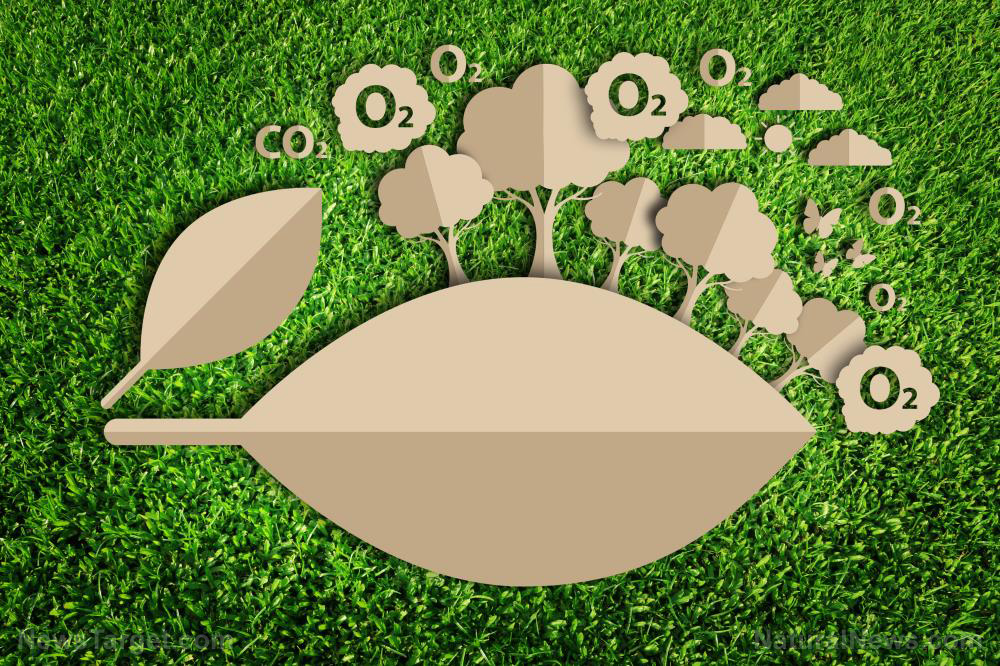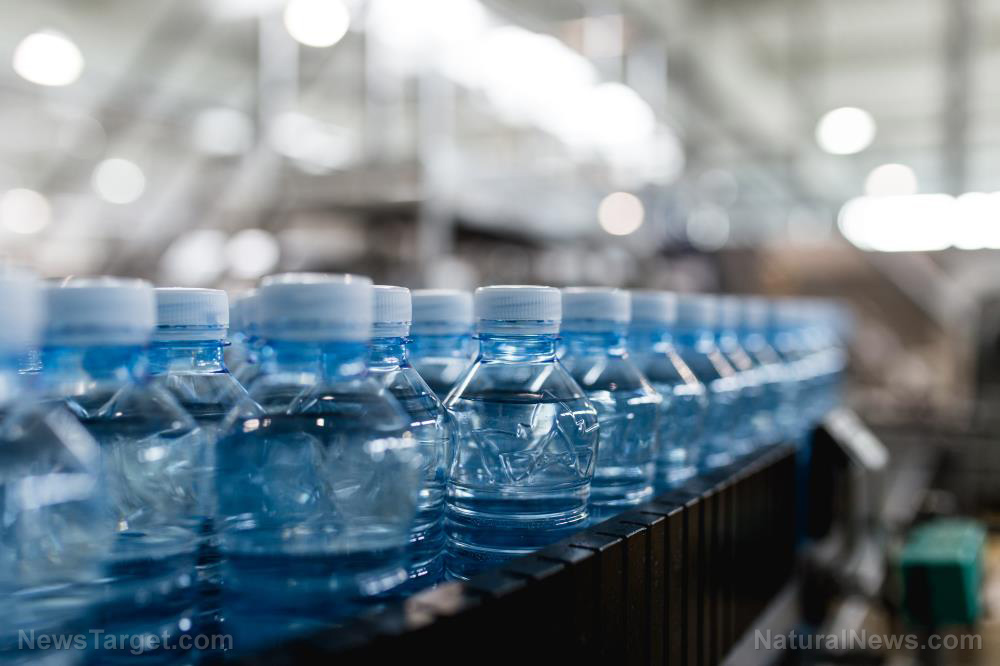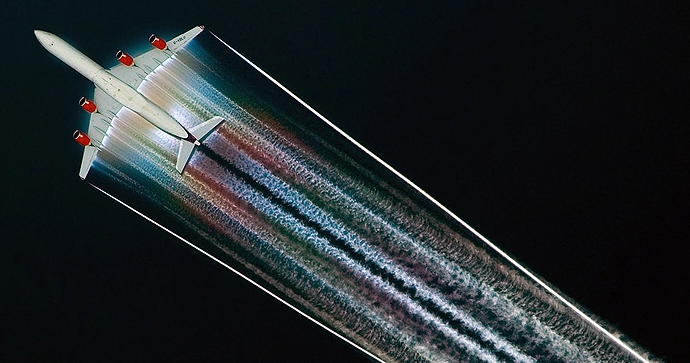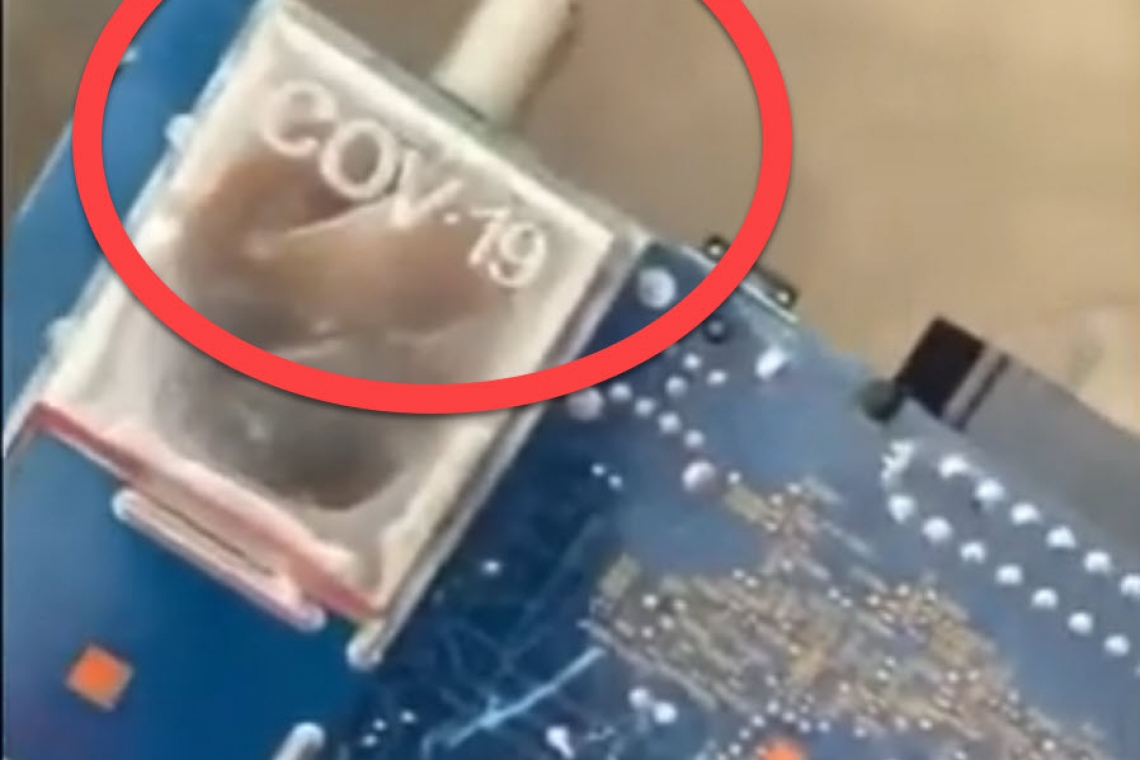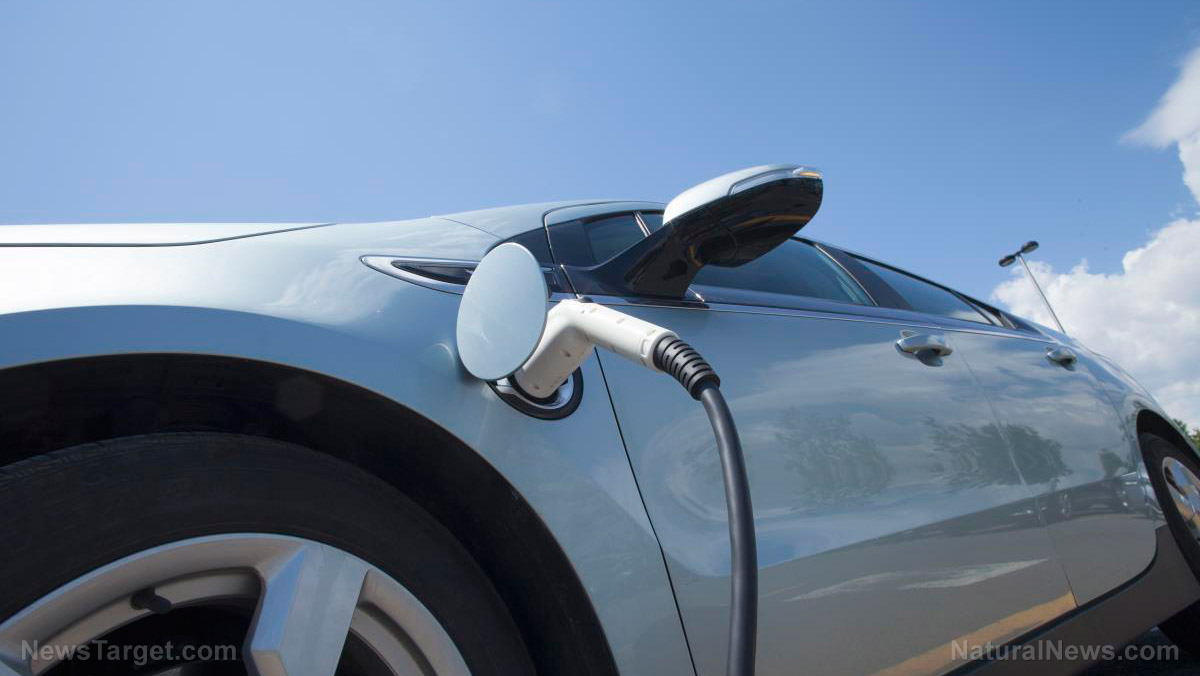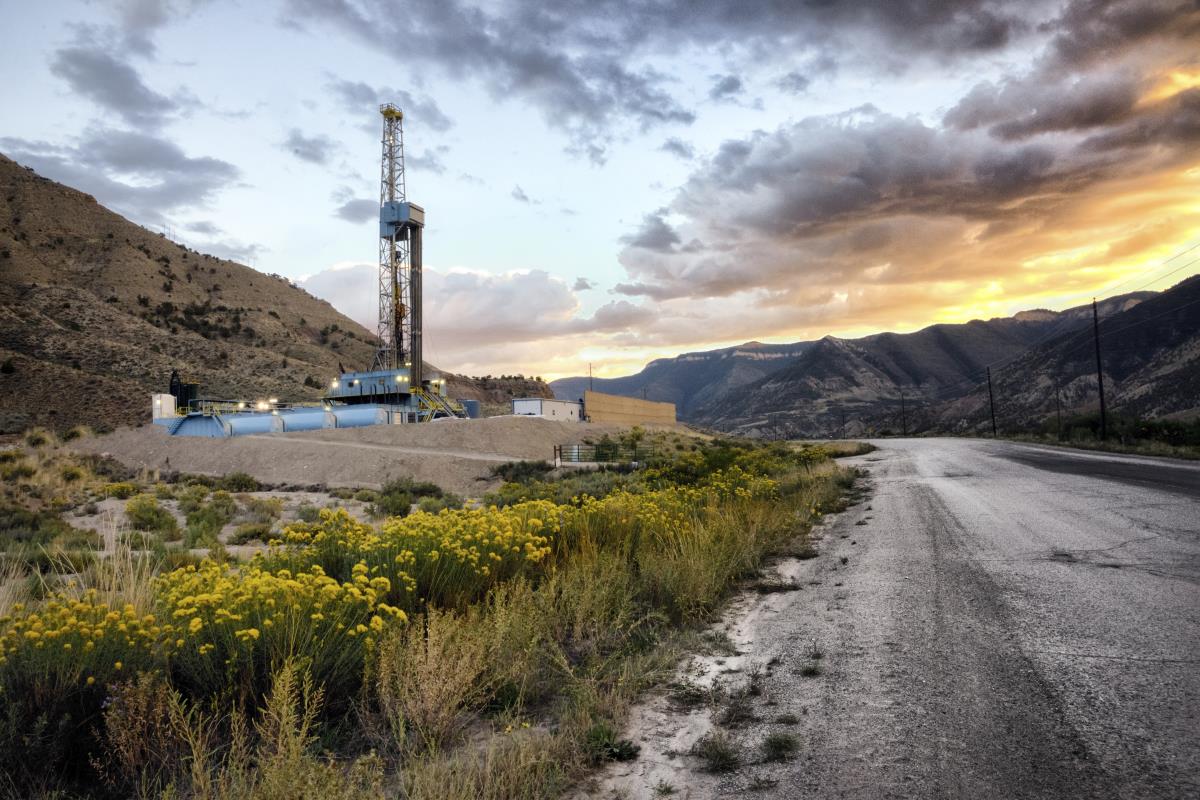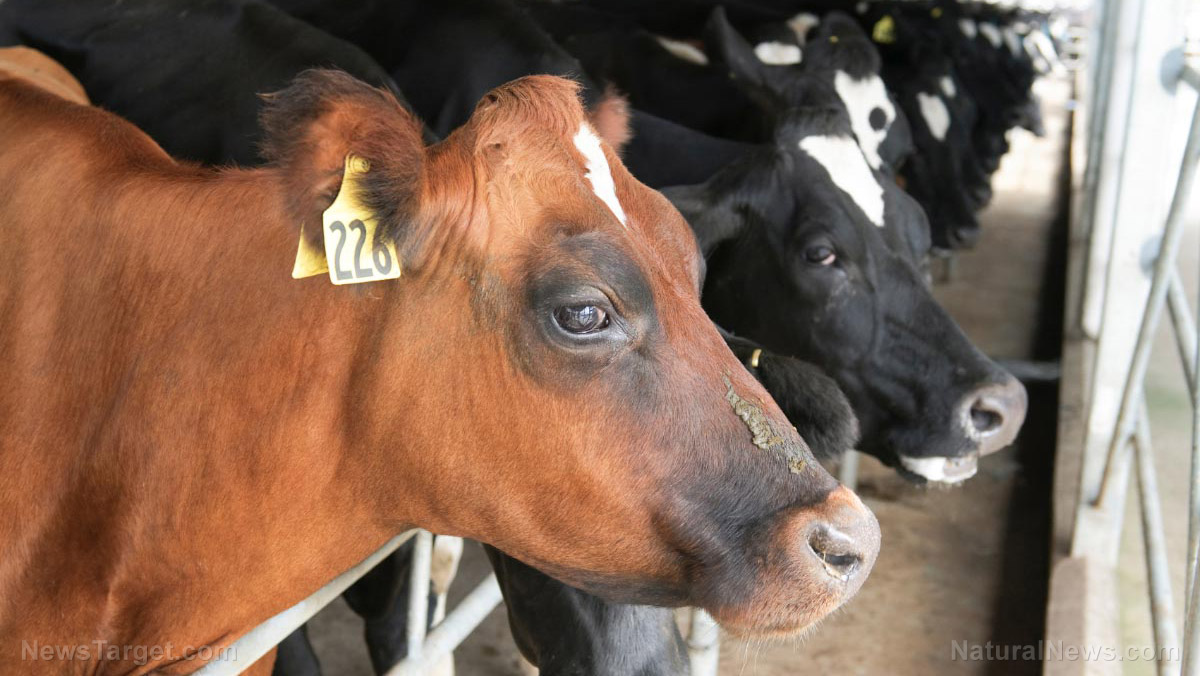Playing God: Biden administration supports DANGEROUS PLAN to block sun’s rays that make photosynthesis possible
01/04/2023 / By Kevin Hughes
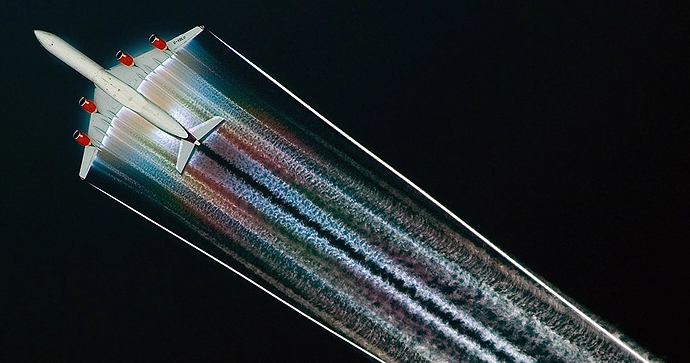
The Biden administration expressed support toward solar geoengineering, which involves proposals to block the sun’s rays before they hit Earth. It suggested financing and outlining five year research into the endeavor in a bid to address “climate change.”
A report by the Guardian said the White House is mulling a proposal to send planes to spray reflective particles into the upper atmosphere. In theory, it seeks to block sunlight and keep surface temperatures from increasing.
A spokesperson for the White House’s Office of Science and Technology Policy (OSTP) explained that the basis for its current proposal is “not new research, but a report that highlights some of the key knowledge gaps and recommendations of priority topics for relevant research.” The spokesperson added that the Biden administration has taken “extreme measures” to reduce carbon dioxide levels and greenhouse gas emissions. (Related: White House now pursuing same sun-blocking geoengineering scheme that was called a “conspiracy theory” just two years ago.)
Some American scientists think reflecting sun rays can be a possible solution to “climate change.”
“Until recently, I thought it was too risky, but slow progress on cutting emissions has increased motivation to understand techniques at the margins like solar geoengineering,” said climate researcher Chris Field, who chaired a National Academies of Sciences report last year that suggested at least $100 million being spent studying the issue.
“I don’t think we should deploy it yet and there are still a ton of concerns, but we need to better understand it,” Field added. “Climate change is causing widespread impacts, it’s costing lives and wrecking economies.”

Geoengineering project to block sun’s rays is a threat on food supply
The Biden administration, through OSTP, will study the efficacy of various solar geoengineering climate interventions. A stratospheric aerosol injection – through which aerosols are sprayed into the stratosphere to block and reflect sunlight back into space – will also be put into consideration.
Spraying sulfate aerosols and other reflective substances such as calcium carbonate particles, aluminum dioxide or diamonds into the atmosphere, about 12-16 miles above Earth, can achieve what volcanic eruptions have accomplished when it comes to partly blocking sunlight and temporarily cooling global mean temperatures.
The idea essentially replicates the aftermath of the 1991 eruption of Mt. Pinatubo in the Philippines’ Zambales province. The volcanic aerosols spewed out by Pinatubo reportedly reduced the global mean temperature for at least a year. According to the National Aeronautics and Space Administration, sulfate aerosols do not absorb sunlight but instead reflect it, decreasing the amount of solar radiation that reaches Earth’s surface.
Critics, however, expressed skepticism of the proposal. They put forward the dangers of blocking the sun’s rays, including negative impacts on photosynthesis in plants. Those that are part of the food cycle would definitely bear the most impact of these solar geoengineering proposals, they added.
In an interview, political scientist David Victor warned that solar geoengineering lays the stage for a crooked plot. “A Greenfinger – self-appointed protector of the planet – could force a lot of geoengineering on [their] own,” said Victor, who is from the University of California San Diego.
Follow GeoEngineering.news for more news about climate manipulation.
Watch this Epoch TV report about solar geoengineering attempts.
This video is from the GalacticStorm channel on Brighteon.com.
More related stories:
Climate change scientists launch geoengineering experiment that may accidentally cause global famine.
Geoengineering and weather modification: The dangers of environmental modification techniques.
Sources include:
Submit a correction >>
Tagged Under:
This article may contain statements that reflect the opinion of the author






